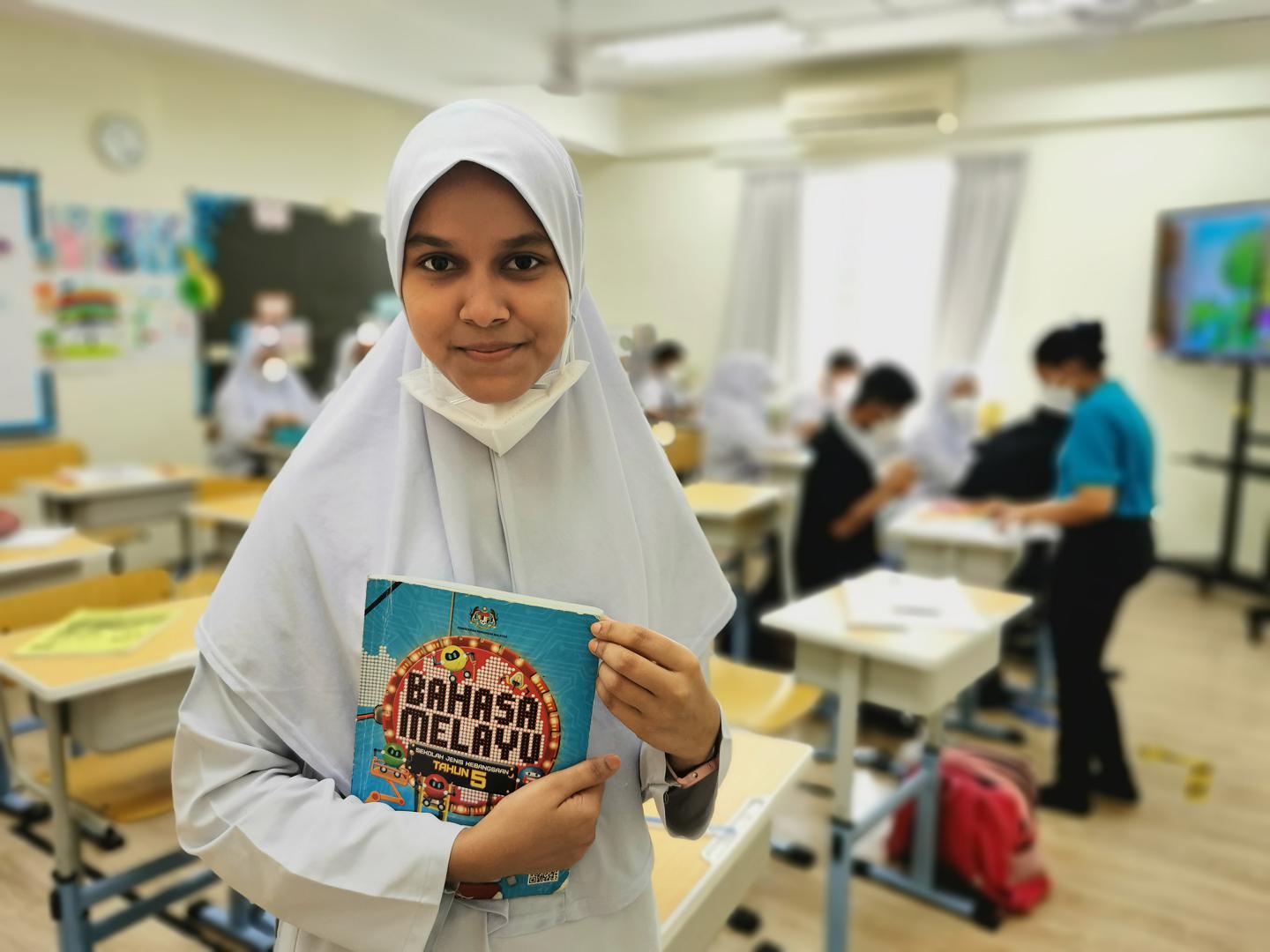Painting Nails And Building Dreams, At UNHCR Project For Refugee Women

Painting Nails And Building Dreams, At UNHCR Project For Refugee Women
KUALA LUMPUR, 8 March 2013 (UNHCR) - A young refugee woman from Myanmar makes her way up to the 17th floor of an old apartment block in Kuala Lumpur. Approaching the doorway to an apartment, girlish voices can be heard, and the strong smell of nail varnish remover permeates the air. She enters the small apartment to join over a dozen refugee girls and women sitting cross-legged on the floor, busily snipping, shaping, buffing, painting and decorating each other’s nails. Class has already begun.
Nemram is 20 years old, and an orphan. She came to Malaysia on her own at the age of 14, fleeing Myanmar to save her life. Since arriving in Malaysia, she has been working in a variety of jobs to earn her keep and be self-sufficient under very difficult circumstances.
She is taking time off work to undertake a course in giving professional manicures and pedicures. With the experience and skill set she gains from the classes, she will qualify for a higher paid job.
There are some 100,000 registered refugees and asylum-seekers in Malaysia, 92% of which are from Myanmar. Almost 40% are women. While they receive assistance and support from UNHCR and non-governmental organizations (NGOs), many refugees have to find their own ways of surviving in cities. This is why UNHCR set up the Social Protection Fund (SPF) to support the refugee communities' own solutions.
The classes Nemram attends are an initiative of a Myanmar women’s organisation, supported by the SPF to help refugee women learn skills and be self-supporting. The course runs for four months and teaches a variety of skills from basic nail grooming to intricate nail art.
The lessons are run in a safe and secure place where the women feel at home. Sessions are therapeutic, and they enable the women to forge close relationships with their classmates.
“It makes me feel very happy to attend this course,” says Nemram. “I feel like I am improving my skills, and I have found friends from attending the classes.”
Nemram lives with a community of other refugee women who speak her native language, and where they look out for one another. Nemram speaks of them like they are family.
Her roommate now is a class-mate whom she met only one month before. Observing them during class, it is clear they have already become good friends, giggling and chatting together as they practice painting delicate flowers on each others’ nails.
Despite her resilience and conscientious attitude to survival, her youth still creeps through the brave smile. Six years have passed since the night she fled Myanmar, yet remembering the events which led to her flight still causes her to break down in tears.
Like many refugees who flee their homes in fear, she has shown great courage and strength of character in the face of hardship, but she still needs assistance to rebuild her life. Projects like the manicure class help her to earn a better living in a safe environment while she waits for a long term solution to her situation.
Nemram does not waste a single minute outside of class.
“In my free time, I work part-time. I don’t really have many close friends here in Malaysia, and living is hard, so on my days off, I go and work in a nail salon or at a restaurant.”
Although relatively happy in Malaysia with her new found family, Nemram yearns for what many refugees here long for: a place that she can permanently call home and a chance to rebuild her life.
“I want to be a businesswoman,” Nemram says confidently. “But if that doesn’t work out, then I will be a model”.
By Charlotte Morgan, UNHCR









